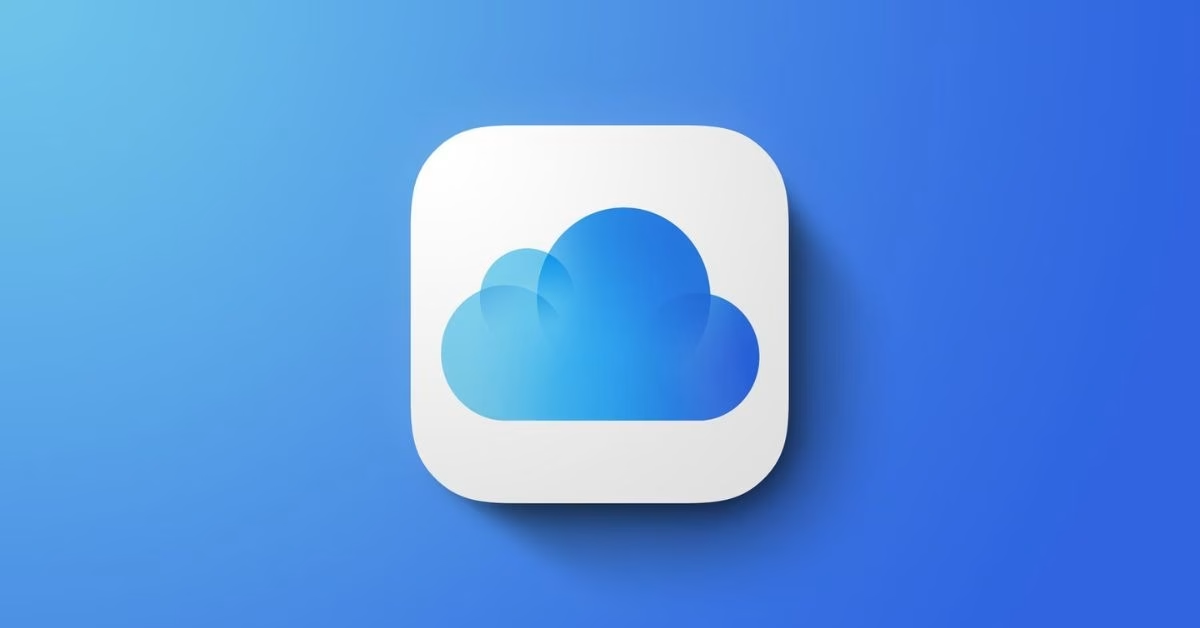Apple's Cloud Ambitions: A Potential Rival to AWS, Azure, and Google Cloud?
The tech world's been abuzz lately with whispers, and more than just whispers, of Apple reportedly considering a significant leap into the cloud services arena. Not just for consumers, mind you, but for app developers. We're talking about a potential direct rival to the established behemoths: Amazon Web Services (AWS), Microsoft Azure, and Google Cloud Platform (GCP). It's a bold thought, isn't it? For a company traditionally focused on hardware and consumer-facing services, this move could represent a seismic shift in strategy, and frankly, it's fascinating to unpack.
Why Now? The Cloud Computing Gold Rush
Let's be honest, the cloud computing market is a gold mine. It's projected to grow into a multi-trillion-dollar industry over the next decade, and everyone wants a piece of that pie. For years, AWS, Azure, and Google Cloud have dominated, building out massive infrastructures and offering an incredibly diverse array of services, from basic compute and storage to advanced AI/ML capabilities. They've become the backbone of countless startups and enterprise operations worldwide.
So, why would Apple, a company with a market cap that already defies gravity, decide to wade into this fiercely competitive space? Well, for one, it's a natural extension of their existing developer ecosystem. They've got millions of developers building apps for iOS, macOS, watchOS, and tvOS. Providing them with robust, integrated cloud services could deepen their commitment to the Apple platform, creating an even stickier environment. And let's not forget the sheer revenue potential. Services are a huge growth area for Apple, and developer cloud services could add another significant stream. It just makes sense, doesn't it?
Apple's Unique Edge: Custom Silicon and Ecosystem Synergy
Think about it: a cloud service powered by Apple's own chips, potentially offering unparalleled performance for workloads optimized for their architecture. This could be a game-changer for developers building high-performance applications, especially those deeply integrated with Apple's frameworks. It's not just about raw power, though. It's about the potential for a truly seamless, end-to-end development experience, from coding on a Mac to deploying on an Apple-powered cloud, and then distributing through the App Store. That kind of synergy is something the "big three" can't replicate directly.
The Road Ahead: Challenges and Hurdles
But let's not get ahead of ourselves. Entering the enterprise cloud market is no small feat. It's a brutal, high-stakes game, and Apple would face immense challenges.
- Trust and Enterprise Features: Enterprise clients demand rock-solid reliability, stringent security, and a vast array of features like identity management, networking, compliance certifications, and 24/7 support. Apple's consumer-facing services, while generally good, haven't always had the best track record for enterprise-grade stability or transparency (remember some of iCloud's early hiccups?). Building that trust and feature set from the ground up will be a monumental task.
- Scale and Global Infrastructure: AWS, Azure, and GCP have spent decades and billions of dollars building out global data center networks. Apple would need to invest heavily in infrastructure, and quickly, to compete on scale and latency.
- Pricing and Business Models: The cloud market is highly competitive on pricing. Apple would need a compelling and transparent pricing model that appeals to developers and businesses of all sizes, without undercutting their own hardware sales.
It's a different beast than selling iPhones, that's for sure. They'd need to convince developers and IT departments that they're a serious, long-term player in a mission-critical space.
Impact on the Developer Ecosystem and the Cloud Landscape
Should Apple launch such a service, the implications for developers would be significant. For those already deeply embedded in the Apple ecosystem, it could simplify their workflow and potentially unlock new performance capabilities. Imagine a world where deploying an iOS app's backend is as straightforward as building the app itself, all within a familiar Apple environment. That's pretty appealing.
However, it also introduces another platform to consider, another set of APIs to learn, and potentially another layer of vendor lock-in. Developers often prefer multi-cloud strategies to avoid being tied to a single provider. Apple would need to strike a delicate balance between offering unique advantages and maintaining openness.
For the broader cloud market, Apple's entry would undoubtedly shake things up. It would introduce a formidable new competitor, potentially driving further innovation and competitive pricing across the board. The existing players would have to respond, perhaps by further optimizing their services for Apple's platforms or by highlighting their own strengths in areas where Apple might initially be weaker. It's a win for competition, and ultimately, a win for developers.
A Strategic Evolution for Apple
Ultimately, Apple's reported consideration of developer cloud services isn't just about adding another revenue stream; it's about a strategic evolution. It signals a deeper commitment to their developer community and a recognition of where the future of computing is headed. While the challenges are immense, Apple's track record of entering established markets and disrupting them (think iPod, iPhone, Apple Watch) suggests they shouldn't be underestimated.
This isn't a done deal, of course. Companies consider many things that never come to fruition. But the very idea that Apple is seriously weighing this move speaks volumes about their long-term vision. It's a fascinating development, and one that could reshape the cloud computing landscape for years to come. I, for one, will be watching very closely to see if this ambitious plan takes flight.
